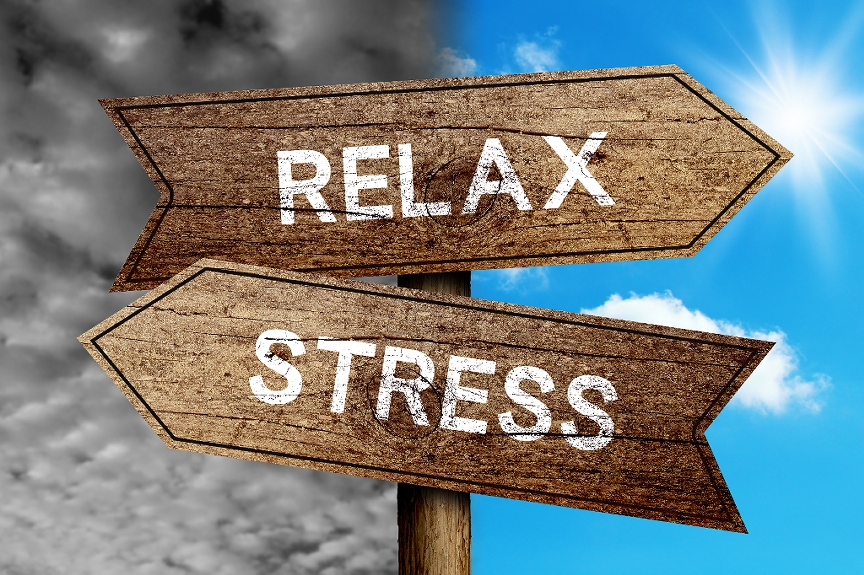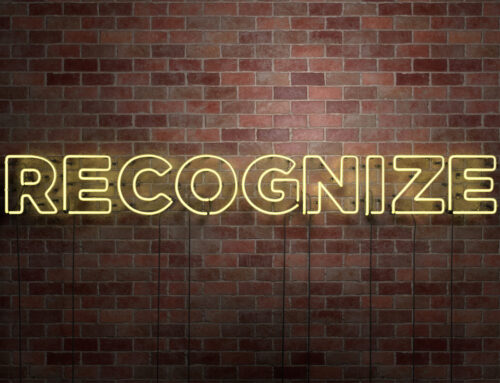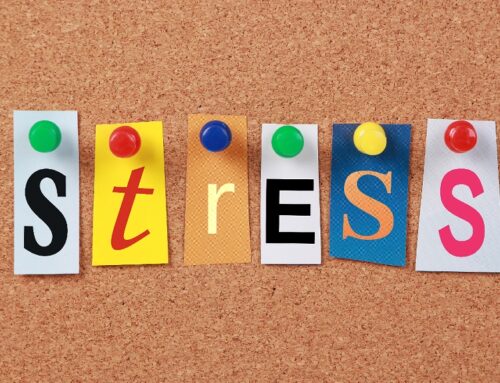Most of the headlines these days about stress tend to focus on the negative impact stress can have in our lives, and it’s true – too much stress can be harmful to our health. I know firsthand, having experienced burnout at the end of my law practice. In addition, a new study from Harvard and Stanford researchers quantifies the cost of stress in the workplace, both in terms of mortality and associated healthcare costs. What they found is that ten different workplace stressors (such as, low job control, high job demand, unemployment, and lack of high-quality work relationships) contribute to more than 120,000 deaths each year and $190 billion in healthcare costs.
While studies and articles like this abound, they don’t tell the entire stress story. A 1998 study surveyed almost 29,000 adults and asked them two questions:
- How much stress did you experience in the last year?
- Do you believe that stress is harmful to your health?
Eight years later, the researchers checked to see whether stress impacted rates of mortality for these participants. What they found was that the participants with high levels of stress were more likely to die, BUT only if they also believed that stress was harmful to their health. The people with high levels of reported stress who did not believe that stress was harmful actually had the lowest risk of death of any group in the study.
The New Science of Stress – Mindset Matters
As it turns out, the way you think about stress might be your best weapon in managing it. The mindsets you adopt can have a powerful influence over your judgment, health, and behavior. Hotel room attendants who adopted the mindset that their work was exercise showed a significant reduction in blood pressure, weight, BMI and hip to waist ratio; people who had a negative mindset about aging were less likely to adopt helpful behaviors such as exercising and eating well; and individuals who believed they were drinking a yummy, high-calorie milkshake felt more full (as shown by a steeper drop in the hunger-inducing hormone ghrelin) compared to the group who thought the shake was a healthy, low-calorie drink.
But if you’re one of the many millions of people who really do think that stress is harmful, how to do you start to develop more of a “stress helps” mindset? According to psychologist and researcher Alia Crum, there is a three-step process to help you practice a “stress helps” mindset (see also, McGonigal, 2015):
- Acknowledge stress when you experience it and notice how it impacts you psychologically and physically.
- Recognize that stress is a response to something you care about. Try to connect to the positive motivation behind the stress.
- Make use of the energy stress gives you.
Crum and her colleagues found that people who endorse a “stress helps” mindset report less depression and anxiety, higher levels of energy, work performance, and life satisfaction.
Beyond Fight or Flight
The popular view of stress is that it elicits a fight or flight response. When you experience stress, your body gears up to either fight it or run from it. In reality, there are several different types of stress responses. In addition to fight or flight, you may experience a challenge response to stress. A stressor may motivate you to rise to the occasion, increase your confidence, and help you learn from mistakes. Stress can also cause you to seek out other people – something called the “tend and befriend” response to stress.
Last year before one of my speaking engagements, the speaker before me leaned over and said, “I always get so nervous before I speak.” That prompted us to have an interesting conversation about the different strategies we use to calm our nerves, and we both left the conversation feeling less stressed.
It’s time for us to start having a more balanced conversation about stress. While chronic stress exists and isn’t good for our mental or physical health, there is so much more to the stress story than “stress is bad.”
Want to know more? Download my free “Is It Stress or Is It Burnout” strategy guide here. You can also learn about my speaking and training programs here.
References
Crum, A. (2012). Rethinking stress: The role of mindsets in determining the stress response. Dissertation, Yale University.
Crum, A.J., Salovey, P., & Achor, S. (2013). Rethinking stress: The role of mindsets in determining the stress response. Journal of Personality and Social Psychology, 104(4), 716-733. McGonigal, K. (2015). The Upside of Stress. New York: Avery.]]>






